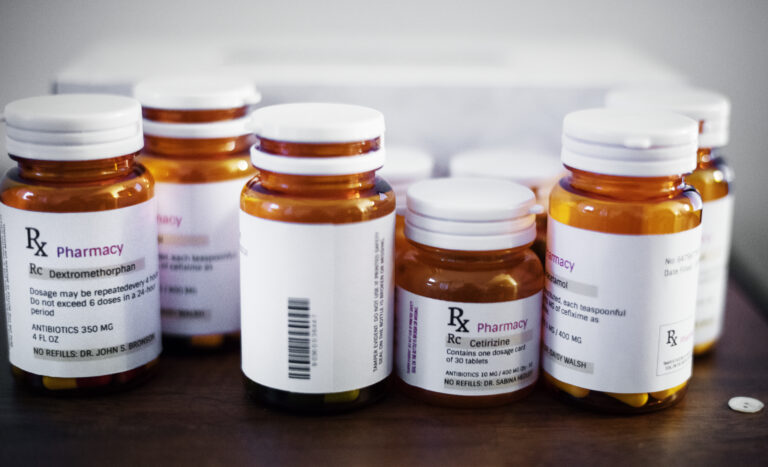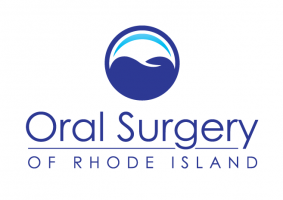Why It's Important to Bring a Current Medication List to Your Oral Surgery Appointment

Table of Contents
Introduction
Oral surgery is a significant medical procedure, and ensuring the safety and success of the surgery requires careful consideration of various factors. One often overlooked but critical aspect of this process is the patient’s medication list. Bringing an up-to-date and comprehensive list of your current medications to your oral surgery appointment is not just a formality—it’s a crucial step that can profoundly impact your treatment and overall well-being.
1. Medical History: A Vital Piece of the Puzzle
Your medical history, including the medications you are currently taking, provides essential context for your oral surgeon. Certain medications can interact with anesthesia or other drugs administered during surgery. By having an accurate medication list, your oral surgeon can make informed decisions about your anesthesia, pain management, and overall treatment plan.
2. Avoiding Adverse Reactions
Some medications can cause adverse reactions when combined with specific anesthesia or post-operative medications. By knowing your medication history, your oral surgeon can choose drugs that do not interact negatively, minimizing the risk of complications or side effects. This information allows for the selection of the safest and most effective options for your unique situation.
3. Managing Chronic Conditions
Patients with chronic health conditions such as diabetes, hypertension, or heart disease often take multiple medications to manage their conditions. These conditions can impact the surgery and the healing process. By understanding your medications, the oral surgeon can tailor the surgical and post-operative plans to accommodate your specific health needs, ensuring a smoother recovery process.
4. Individualized Care
Every patient is unique, and their oral surgery experience should be tailored to their specific health status and requirements. A current medication list enables the oral surgeon to provide personalized care, addressing your individual needs and concerns effectively. This personalized approach not only enhances the surgical experience but also contributes to a more comfortable and successful recovery.
5. Enhancing Communication
Clear communication between you and your oral surgeon is paramount. Providing an updated medication list fosters open and honest communication, allowing you to discuss any concerns or questions you may have about your medications. This dialogue is essential for building trust and confidence in your oral surgeon, leading to a positive patient experience.
Conclusion
Bringing a current medication list to your oral surgery appointment is a proactive step that empowers both you and your oral surgeon. It ensures that your surgical and post-operative experience is as safe, effective, and comfortable as possible. By sharing this vital information, you contribute significantly to your overall well-being and the success of your oral surgery. So, take a few moments to compile an accurate medication list—it’s a small effort that can make a world of difference in your oral surgery journey.
FAQs About Bringing a Current Medication List to Your Oral Surgery Appointment
Sharing your current medication list with your oral surgeon is crucial because certain medications can interact with anesthesia or other drugs used during surgery. By knowing your medications, your oral surgeon can make informed decisions, choose appropriate medications, and create a treatment plan that is both safe and effective for your specific health needs. This information helps in preventing adverse reactions and complications during and after the surgery.
Your medication list should include the names of all prescription medications, over-the-counter drugs, supplements, vitamins, and herbal remedies you are currently taking. Include the dosage and frequency of each medication. To keep it up-to-date, regularly review your medications with your primary care physician or pharmacist, especially if there are any changes in your prescriptions. Before your oral surgery appointment, double-check the list to ensure accuracy and inform your oral surgeon of any recent changes.
Yes, it is essential to inform your oral surgeon about all medications, including over-the-counter drugs. Even seemingly harmless over-the-counter medications can interact with anesthesia or prescribed post-operative medications, leading to complications. By providing a complete medication list, you enable your oral surgeon to consider all possible interactions and choose the most suitable medications for your surgery. Your safety and well-being are the top priorities, so no detail is too small to share regarding your medications.
Additionally, fluoride promotes remineralization, allowing weakened enamel to repair and rebuild itself. It helps maintain strong and healthy teeth, reducing the risk of decay and enhancing dental health when used appropriately.
Related Content
Sorry, we couldn't find any posts. Please try a different search.
